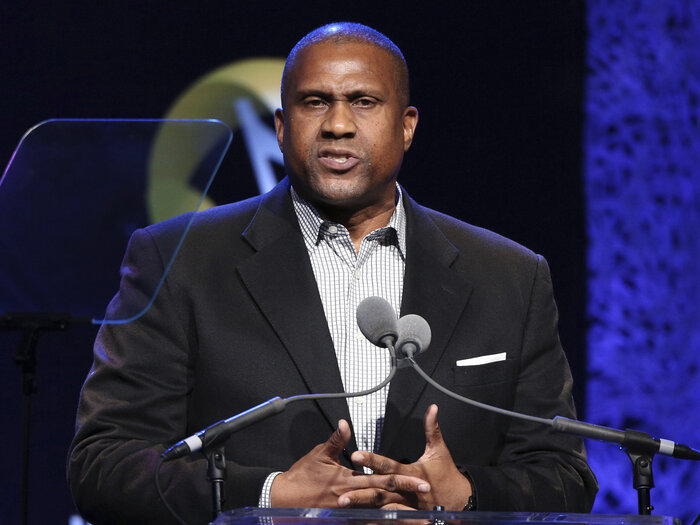Smidt, A. M., Adams-Clark, A. A., & Freyd, J. J. (2023).
PLOS ONE, 18(1), e0278830.
https://doi.org/10.1371/journal.pone.0278830
Abstract
Workplace sexual harassment is associated with negative psychological and physical outcomes. Recent research suggests that harmful institutional responses to reports of wrongdoing–called institutional betrayal—are associated with additional psychological and physical harm. It has been theorized that supportive responses and an institutional climate characterized by transparency and proactiveness—called institutional courage—may buffer against these negative effects. The current study examined the association of institutional betrayal and institutional courage with workplace outcomes and psychological and physical health among employees reporting exposure to workplace sexual harassment. Adults who were employed full-time for at least six months were recruited through Amazon’s Mechanical Turk platform and completed an online survey (N = 805). Of the full sample, 317 participants reported experiences with workplace sexual harassment, and only this subset of participants were included in analyses. We used existing survey instruments and developed the Institutional Courage Questionnaire-Specific to assess individual experiences of institutional courage within the context of workplace sexual harassment. Of participants who experienced workplace sexual harassment, nearly 55% also experienced institutional betrayal, and 76% experienced institutional courage. Results of correlational analyses indicated that institutional betrayal was associated with decreased job satisfaction, organizational commitment, and increased somatic symptoms. Institutional courage was associated with the reverse. Furthermore, results of multiple regression analyses indicated that institutional courage appeared to attenuate negative outcomes. Overall, our results suggest that institutional courage is important in the context of workplace sexual harassment. These results are in line with previous research on institutional betrayal, may inform policies and procedures related to workplace sexual harassment, and provide a starting point for research on institutional courage.
Conclusion
Underlying all research on institutional betrayal and institutional courage is the idea that how one responds to a negative event—whether sexual harassment, sexual assault, and other types of victimization—is often as important or more important for future outcomes as the original event itself. In other words, it’s not only about what happens; it’s also about what happens next. In this study, institutional betrayal and institutional courage appear to have a tangible association with employee workplace and health outcomes. Furthermore, institutional courage appears to attenuate negative outcomes in both the employee workplace and health domains.
While we once again find that institutional betrayal is harmful, this study indicates that institutional courage can buffer against those harms. The ultimate goal of this research is to eliminate institutional betrayal at all levels of institutions by replacing it with institutional courage. The current study provides a starting point to achieving that goal by introducing a new measure of institutional courage to be used in future investigations and by reporting findings that demonstrate the power of institutional courage with respect to workplace sexual harassment.




